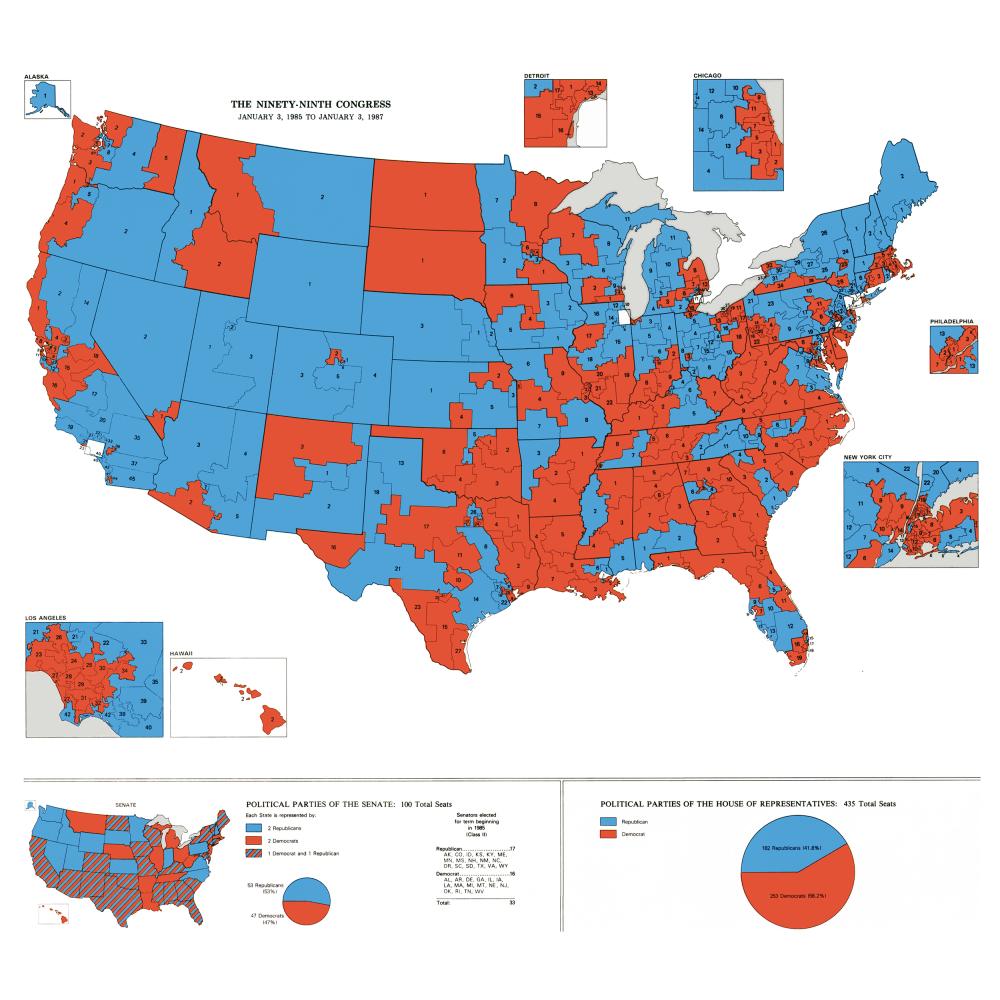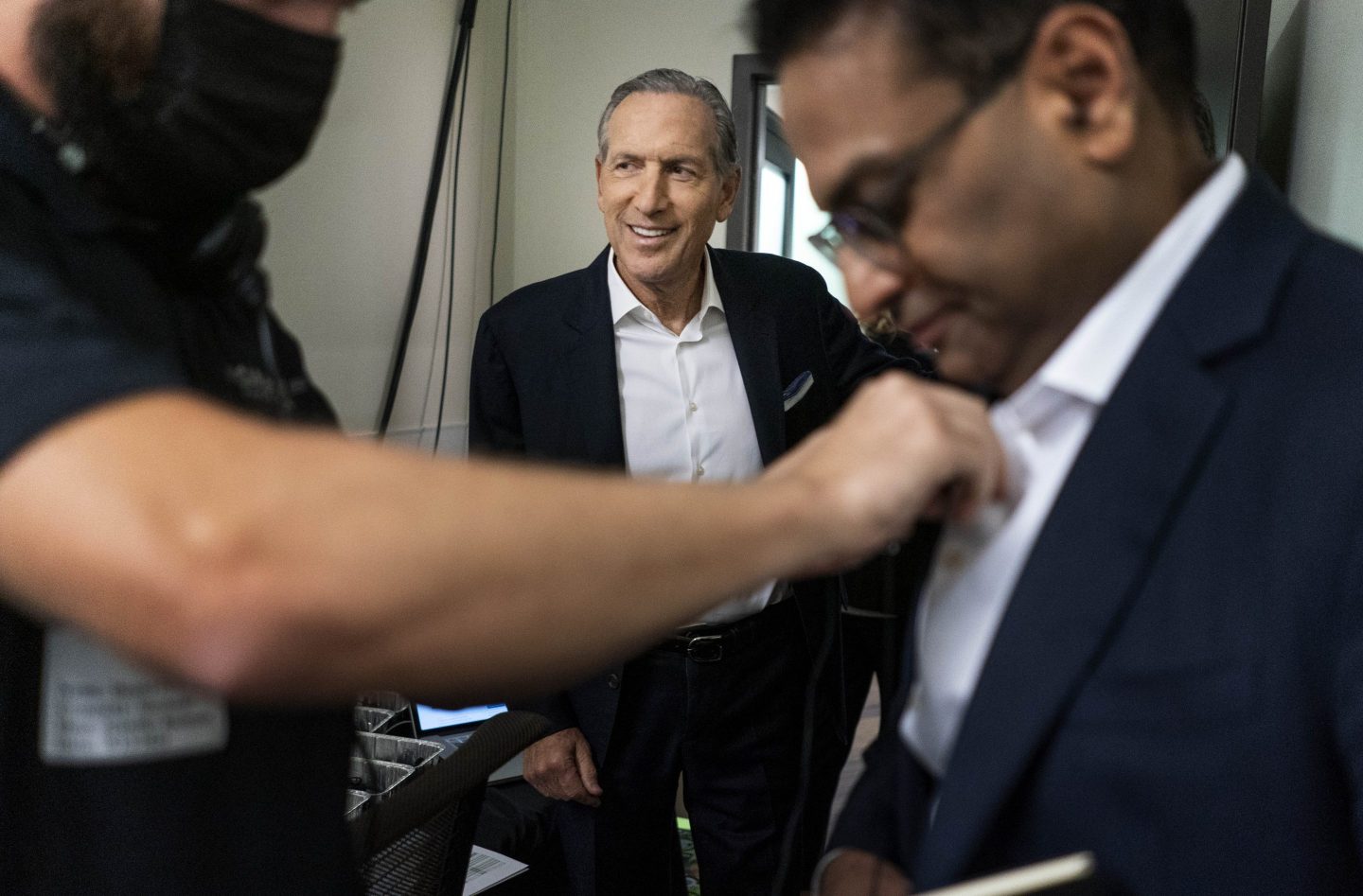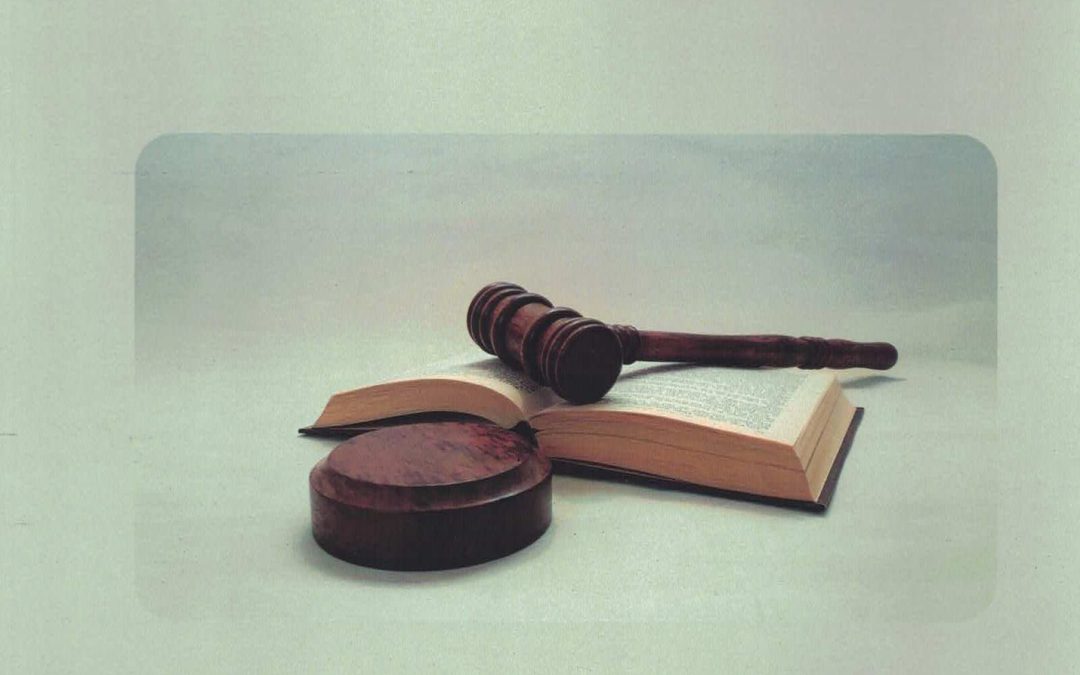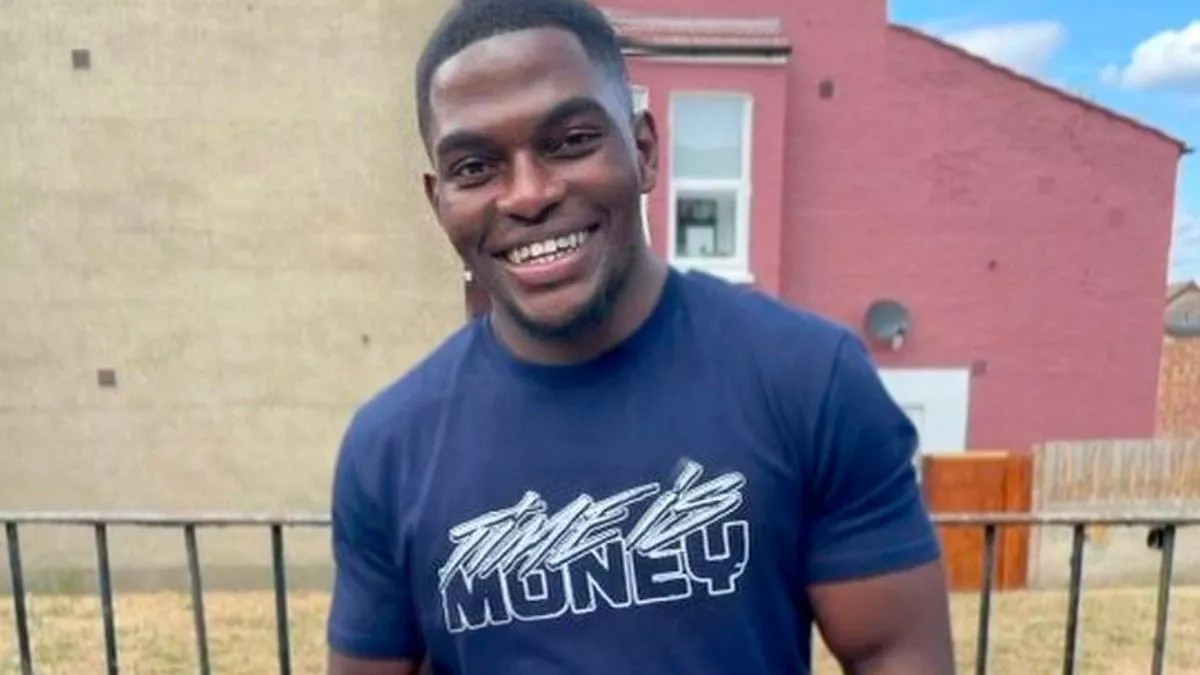Post-Election Leadership Concerns: Democratic Criticism Of Kamala Harris

Table of Contents
Kamala Harris's Communication Style and Public Image
Perceived Lack of Authenticity
One prominent criticism leveled against Vice President Harris centers on her perceived lack of authenticity and connection with the public. Several instances have fueled this narrative. Her communication style, at times perceived as stiff or overly formal, has drawn comparisons to other, more relatable politicians. This perceived disconnect has been amplified by media coverage, often highlighting instances where her messaging appeared to miss the mark or lacked the emotional resonance of other political leaders.
- Examples: Her handling of the border crisis, where some felt her messaging lacked empathy, and certain campaign speeches that were criticized for seeming scripted and distant from everyday concerns.
- Media Coverage: Analysis of news articles and opinion pieces reveals a recurring theme of criticism regarding her communication effectiveness.
- Public Opinion: Public opinion polls consistently show lower approval ratings for Vice President Harris compared to President Biden, suggesting a potential correlation between her communication style and public perception. This contrasts with the generally more successful communication strategies employed by other high-profile Democrats.
Handling of High-Profile Assignments
The Vice President has been assigned several high-profile tasks, including addressing the root causes of migration at the Southern border and championing voting rights legislation. While the success of these endeavors is debatable and often subject to partisan interpretation, some critics argue that her performance in these roles has fallen short of expectations.
- Border Issues: Critics point to the ongoing challenges at the Southern border as evidence of insufficient progress under her leadership. However, supporters counter that the complexity of the issue necessitates a long-term strategy and that progress has been made in certain areas.
- Voting Rights: Her efforts to advance voting rights legislation have faced significant obstacles in Congress. While some view this as a reflection of the current political climate, others see it as a sign of ineffective leadership.
- Alternative Perspectives: It's important to note that many within the Democratic party strongly defend her performance, highlighting the significant challenges she faces and the achievements she has secured despite political gridlock.
Policy Differences and Ideological Friction
Progressive Disappointment
A significant source of Democratic criticism stems from perceived insufficient alignment with progressive policies. Some progressive Democrats believe that Vice President Harris hasn't fully embraced or championed sufficiently progressive policies, creating a rift within the party.
- Specific Policy Disagreements: Examples include debates over the scope and scale of climate change initiatives, criminal justice reform, and healthcare expansion.
- Comparison with Other Democrats: Her policy positions are sometimes contrasted with those of more progressive figures within the Democratic Party, highlighting perceived differences in ideological approach.
- Impact on the Democratic Base: This perceived lack of alignment with progressive ideals could potentially alienate a crucial segment of the Democratic base, impacting voter turnout and enthusiasm.
Internal Party Conflicts
The criticism of Vice President Harris is also intertwined with internal power struggles and factionalism within the Democratic Party. Different factions within the party hold varying priorities and political strategies, leading to tensions and disagreements.
- Examples of Internal Conflict: The debates surrounding the party's messaging on various issues often reflect underlying power struggles between different factions.
- Influence of Factions: The influence of progressive versus moderate wings of the party is a key factor in shaping the nature and intensity of the criticism.
- Motivations Behind the Criticism: It's crucial to consider the possibility that some criticism might be strategically motivated, reflecting internal political maneuvering rather than genuine concerns about leadership.
The Impact of Criticism on the Biden-Harris Administration
Effect on Public Opinion and Approval Ratings
The sustained criticism of Vice President Harris has undoubtedly impacted her public approval ratings and the overall standing of the Biden-Harris administration. Negative media coverage and public perception have contributed to lower approval ratings for her than for President Biden.
- Public Opinion Poll Data: Analysis of polling data clearly shows a disparity between President Biden's and Vice President Harris's approval ratings.
- Media Coverage and Public Perception: The constant stream of criticism, even if largely confined to certain media outlets, has shaped public perception and influenced approval numbers.
- Other Influencing Factors: It's important to acknowledge that numerous factors beyond criticism influence approval ratings, including economic conditions and major policy decisions.
Potential Consequences for the 2024 Election
The ongoing criticism poses significant potential consequences for the Biden-Harris ticket's prospects in the 2024 election. The persistent negative narratives could depress voter turnout and enthusiasm among some segments of the Democratic base.
- Potential Scenarios: Different scenarios are possible, ranging from a successful re-election bid to a primary challenge for either President Biden or Vice President Harris.
- Impact on Voter Turnout and Support: Negative perceptions of the Vice President could potentially harm overall Democratic support.
- Alternative Candidates: The ongoing criticism creates space for potential alternative candidates to emerge, adding another layer of uncertainty to the 2024 election.
Conclusion
This article has examined the multifaceted nature of Democratic criticism aimed at Vice President Kamala Harris's leadership. From concerns about her communication style to policy disagreements and their potential impact on the 2024 election, the analysis reveals a complex interplay of internal tensions within the Democratic Party. Understanding these post-election leadership concerns is crucial for navigating the current political landscape and predicting future developments. Further research into the evolving relationship between the Vice President and the Democratic base is vital for a complete understanding of the situation. Continued monitoring of public opinion and internal party dynamics surrounding Kamala Harris’s leadership is essential. The future of the Democratic party, and the 2024 election, may significantly hinge on how these post-election leadership concerns are addressed and resolved.

Featured Posts
-
 Thousands Lost The Dangers Of Fake Steven Bartlett Videos Online
May 01, 2025
Thousands Lost The Dangers Of Fake Steven Bartlett Videos Online
May 01, 2025 -
 Hollywood Stars Generous Donation In Wake Of Tata Steel Layoffs
May 01, 2025
Hollywood Stars Generous Donation In Wake Of Tata Steel Layoffs
May 01, 2025 -
 Stroomproblemen Nieuw Schoolgebouw Kampen Kort Geding Tegen Netbeheerder
May 01, 2025
Stroomproblemen Nieuw Schoolgebouw Kampen Kort Geding Tegen Netbeheerder
May 01, 2025 -
 Dragons Den Little Coffees Successful Four Offer Pitch
May 01, 2025
Dragons Den Little Coffees Successful Four Offer Pitch
May 01, 2025 -
 Police Watchdog Challenges Chris Kaba Panorama Ofcom Complaint Filed
May 01, 2025
Police Watchdog Challenges Chris Kaba Panorama Ofcom Complaint Filed
May 01, 2025
